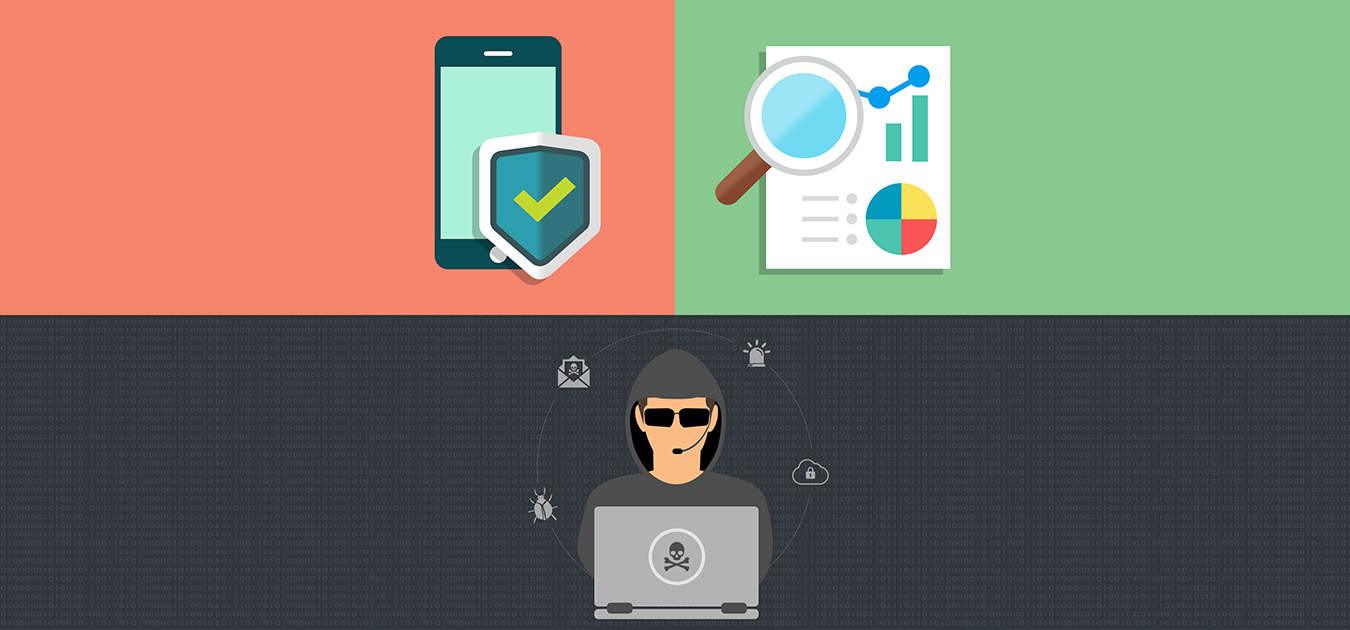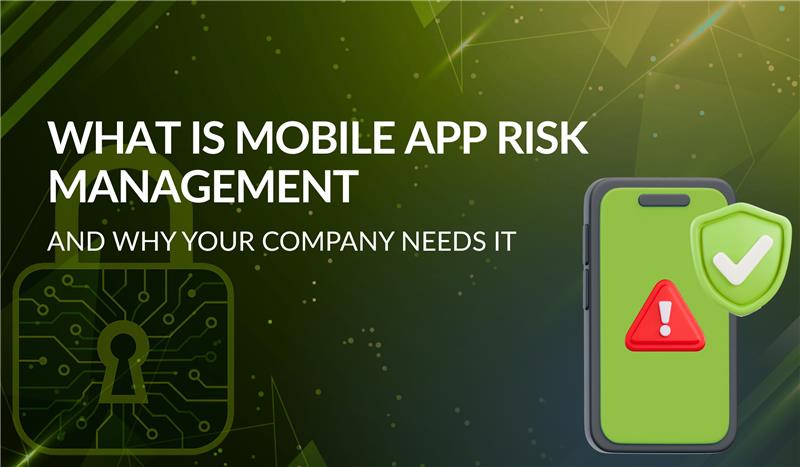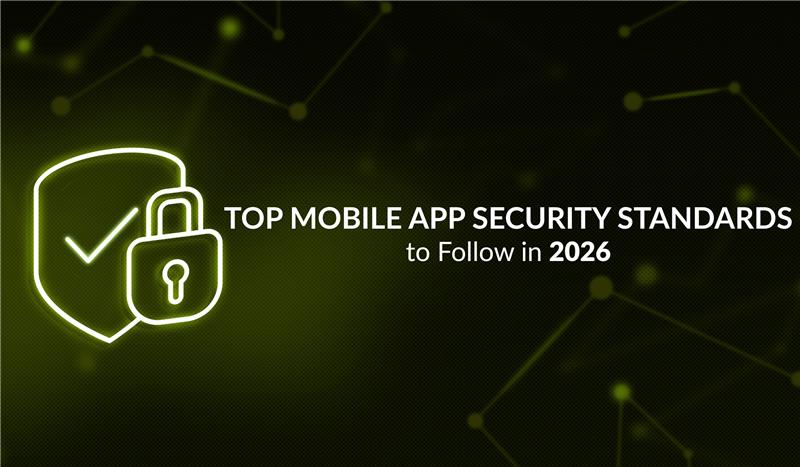With millions of apps on the marketplace, it’s easy to feel like there is safety in numbers when it comes to security.
However, when you realise how easy it is to have all your hard work undone and all your profits channelled into someone else’s coffers, it makes sense to make security a priority.
On many occasions, hackers have gotten into apps not long after they have launched, accessing the code to create fake versions. When users download these imposter versions they can quickly be infected with Trojan viruses or other malware.
This happened recently with the Prisma app for Android, with over 1 million users downloading the infected versions of the app. The result of these fake apps was that users had their phones infected with adware and malware. The bad apps sent users to survey sites, stealing their personal information and signing them up for expensive SMS services that they never intended to join.

For a newly released app, getting hacked soon after hitting the marketplace is disastrous. Once the message gets out that there are sinister versions, users will avoid the app altogether and choose alternative versions that they believe to be safer.
Even if a fake app isn’t malicious, it can rob your business of thousands of dollars in revenue. If it is, it can affect the reputation of other apps you have on the marketplace and also present a risk to your own business’s financial data. Then there is the flow-on consequence of consumers who are hacked expecting financial compensation for their losses.
In short, the consequences of poor app security are far reaching.
It is distressing to realize how easy it is for hackers to get into the back end of an app. According to website securityintelligence.com, compromising app security took hackers only minutes in 84 percent of cases.
The website explains that there are automated tools readily available in the marketplace that support hacking and says that mobile apps are “low hanging fruit”, with unprotected binary code that can easily be accessed, modified and exploited.
On the one hand, improving user awareness of hacks is important – they do need to be reminded regularly that they should never download an app from a source other than the Google Play or iTunes store.
However, security is the responsibility of app developers themselves. What is perhaps surprising is that companies don’t do more to protect their application assets. A simply added layer of code is often all that is necessary to create a virtual fence and protect hackers from getting in and ruining the success of your business.
Find out more: Quixxi is a simple, revolutionary set of software tools to protect, enhance and track your app. With Quixxi you can prevent piracy and control distribution in order to recover lost revenue and be always competitive.
Visit quixxi.com






